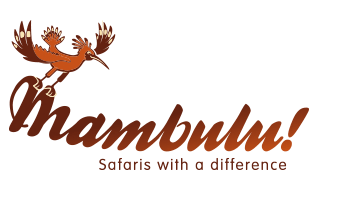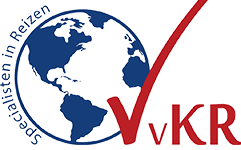Proflight Zambia flies orphaned hippo to safety
When a female hippo nears the time to give birth, she leaves the pod for one to two weeks to give birth to her young and bond with the calf. Without its mother for protection from predators, the calf would almost certainly not have survived the night, explained CLZ.
Vulnerable species
Hippo have been identified as a vulnerable species on the IUCN Red List drawn up by the World Conservation Union, with an estimated global population of between 125,000 and 150,000, a decline of between 7 percent and 20 percent since the IUCN’s 1996 study.
Settled in her new temporary home complete with plunge pool, cleaned and refilled each day, Douglina – who was originally thought to be male and named Douglas – was fed from a bottle with a formula put together with the advice of experts. Consuming 1.5 liters of milk with two egg yolks and supplements every three hours – she grew quickly.
After the elephant and white rhino, the hippo is the heaviest land mammal and soon Douglas grew too large for his current enclosure and became expensive to feed and look after. Hippos can grow over four meters in length and 1.6 m tall. They can live for up to 45 years, with males reaching maturity at about 9-11 years old and females at 7-9 years old.
Chipembele Wildlife Trust
The plan is to release Douglina back into the wild when she reaches maturity. In view of this, CLZ and the Zambia Wildlife Authority (ZAWA) decided that the safest place for the calf to be reared until she can be released is Chipembele Wildlife Trust in South Luangwa, where experienced wildlife rehabilitators have committed to caring for her in their open facility.
However the big question was how to get her there? A road journey would be long, stressful, and potentially dangerous for the disorientated calf and so a much shorter and more comfortable journey by air was advised.
Caravan Aircraft
Thanks to Proflight and their generous team, the calf has been given a much higher chance of a smooth and successful relocation in a purpose-built wooden crate in the back of their caravan aircraft! Douglina was accompanied by one of his dedicated caretakers and ZAWA a vet. Later this year, Douglina’s milk consumption will be reduced, and in accordance with a natural hippo calf, she will be weaned between February and June 2014. Her new home in South Luangwa is often visited by wild hippos, and it is hoped that she will ultimately find a mate and join a wild pod.
Proflight supports Conservation Lower Zambezi (CLZ)
Proflight has supported CLZ for many years. As well as flights, CLZ was also their dedicated charity in 2011 and into 2012. CLZ thanks Proflight for all of their fundamental help with their work protecting wildlife for the present and future generations of Zambia.
Source: flyzambia.com, posted May 19, 2013

